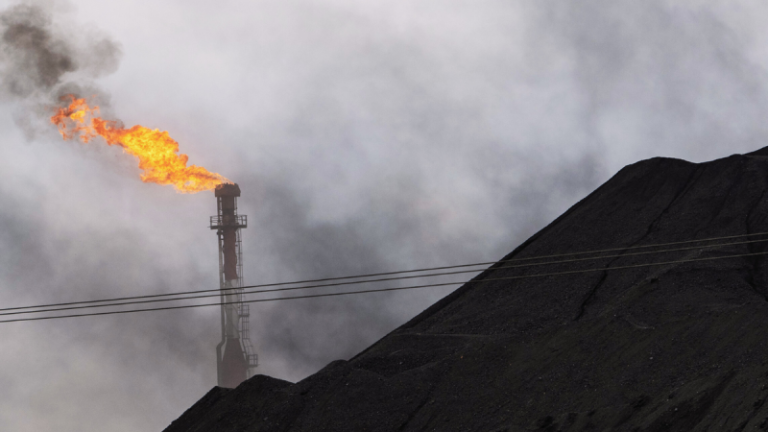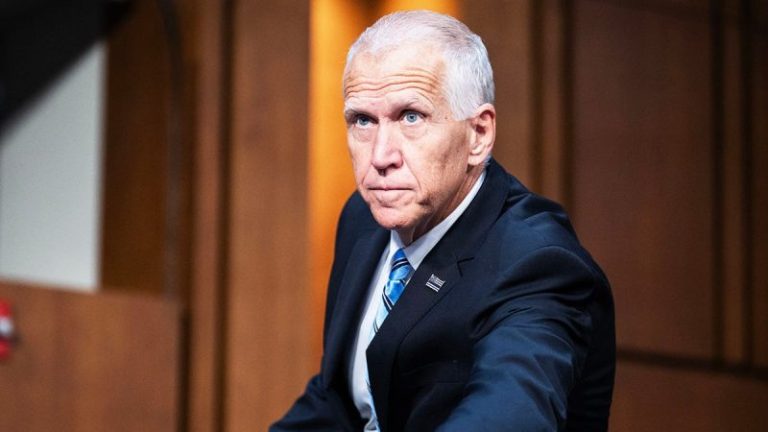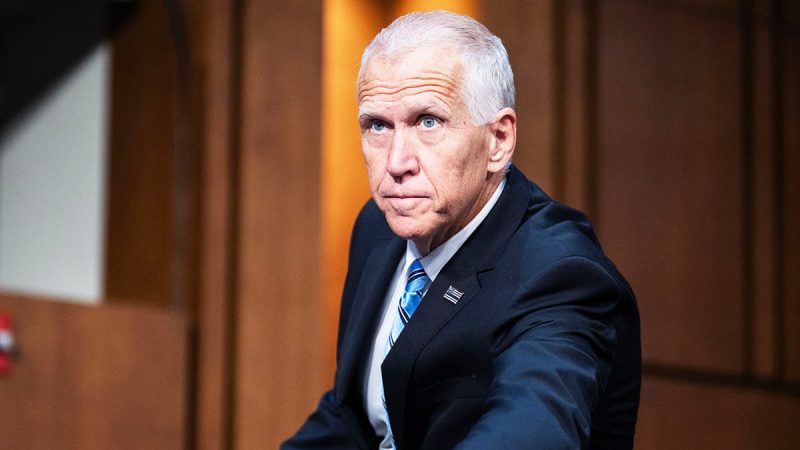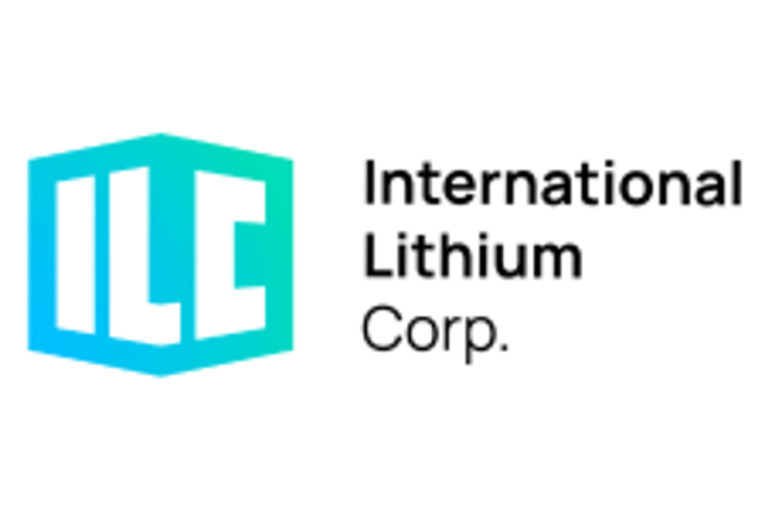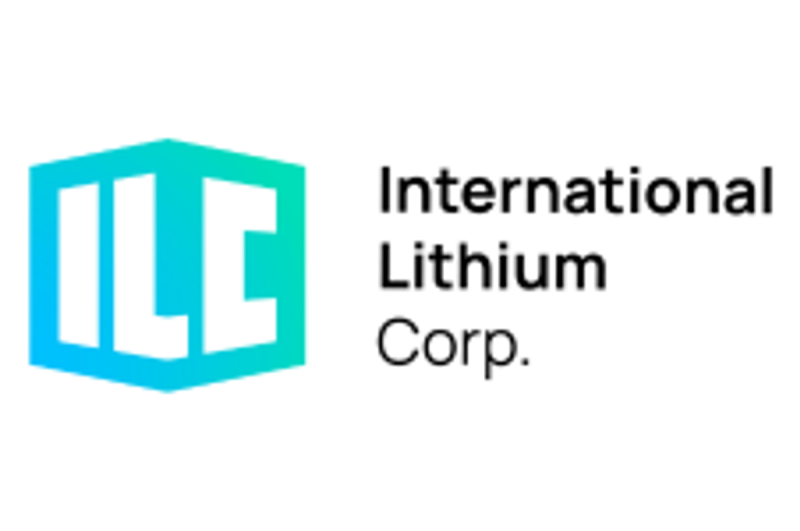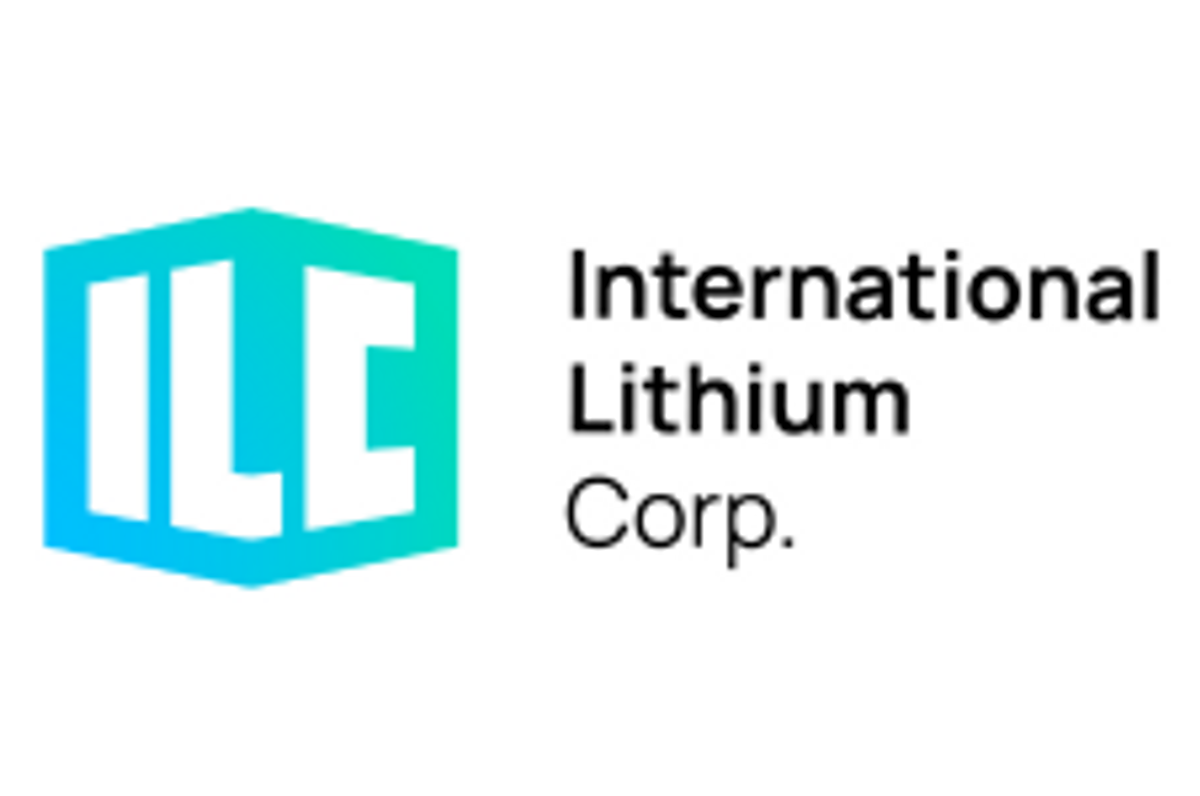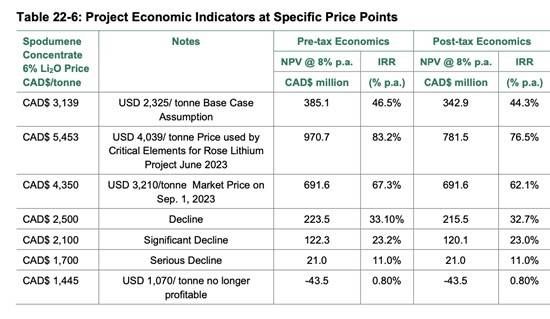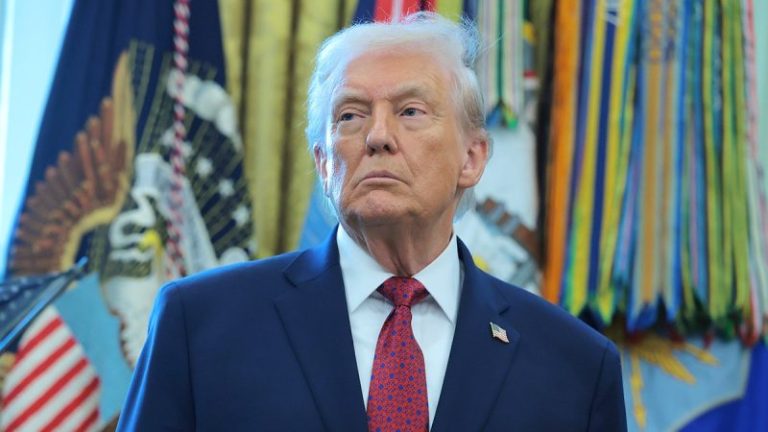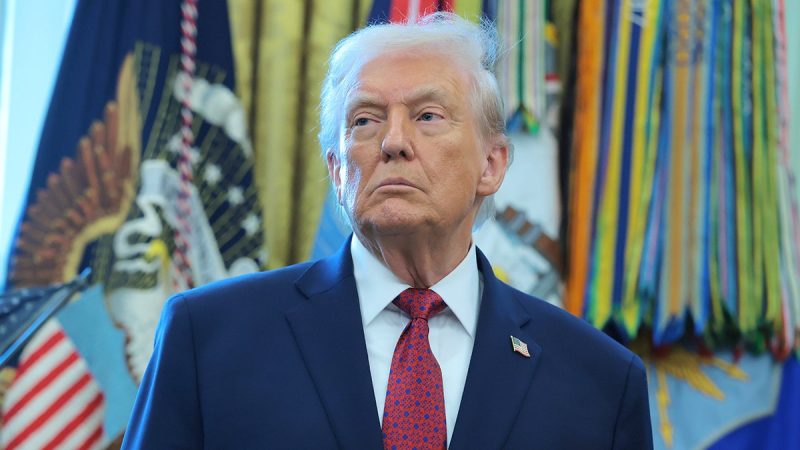

Strategic Minerals plc (AIM: SML; USOTC: SMCDF), an international mineral exploration and production company, is pleased to provide the following update on Q4 and 2025 performance and activities.
Highlights
- Significant share price appreciation in 2025 – up 470% and one of the top performing companies listed on AIM
- Exceptional drill results received from three of nine drill holes completed at the Company’s Redmoor Tungsten-Tin-Copper Project
- Positive metallurgical work from Stage 1 studies with mass recovery to flotation feed of approximately 43.9%, and stage metal recoveries of 94.3% tungsten, 95.6% tin, and 90.7% copper to an average 2.1x upgrade ratio
- On target to release updated Mineral Resource Estimate before the end of Q1 2026
- Renewed investor and stakeholder engagement including non-deal institutional roadshow, a webinar presentation with approximately 1,000 recorded views, and attendance at the Critical Minerals Association and Resourcing Tomorrow conferences in London
- Cobre magnetite operation recorded its 3rd highest annual ore sales in 14 years with 61,279 tons sold to a diverse customer base, generating sales of approximately US$4.23 million
- Exercise of exclusive call option by Cuprum Metals (‘Cuprum’) to acquire the Company’s wholly owned subsidiary Leigh Creek Copper Mine with A$0.25 million received so far through the call option payment of A$0.1 million and First Instalment payment on A$0.15 million. A further A$1.75 million is due upon the earlier of 31 May 2026 or the execution of a Definitive Agreement between the Company and Cuprum. Along with a subsequent earn-out from production of A$4 million and receiving 19.9% of the shares of any entity that Cuprum intends to list on the Australian Securities Exchange, this brings the total consideration up to A$9 million.
- Strategic Minerals’ cash as at 31 December 2025 was US$0.78 million after continued substantial investment in Cornwall Resources’ development programme and awaiting a further rebate from the UK Shared Prosperity Fund
Operational Highlights (By Subsidiary)
Cornwall Resources
Redmoor Tungsten-Tin-Copper Project, Cornwall, UK (‘Redmoor’)
- Awarded c.£764,000 UK Government grant funding from the UK Shared Prosperity Fund, which together with matched funds from the Company’s April 2025 placing, is supporting the programme to accelerate Redmoor towards pre-feasibility
- 1st drilling since 2018 began in June with 5048.70 m completed by December 2025 ahead of schedule, within budget, and with exceptional results reported to date
- Includes 1.10 m @ 7.19% WO3, 0.02% & 1.11% Cu (7.51% WO3.Eq) and 0.97m at 7.52 WO3, 0.03% Sn & 0.87% Cu (7.78% WO3.Eq), including one of the top 10 highest-grade sample results recorded at Redmoor from all previous drilling campaigns
- Multiple mineralised intervals and wide zones of mineralisation within the Redmoor sheeted vein system identified, reinforcing Redmoor’s status as one of the highest-grade undeveloped tungsten deposits globally
- Re-analysis of historical samples confirmed previous underreporting of certain samples and an average 9.2% increase in tungsten grades, further solidifying Redmoor’s position as Europe’s highest-grade undeveloped tungsten deposit
- Strategic Minerals invested in upgraded facilities and team expansion to support the programme
Southern Minerals Group
Cobre Magnetite Stockpile, New Mexico, USA
- Continued strong operational performance across 2025 despite 10-day shutdown due to wildfires
- Sales of magnetite increased over the course of the year
- Q4 sales were up 4% on Q3, and Q3 sales were up 45% on Q2
- By volume, H2 saw an increase of 15.2%
- Total sales of approximately US$4.23 million (2024: US$4.75 million) generated from 61,279 tons or ore sold to customers (2024: 70,659 tons)
Sales comparisons on quarterly and yearly periods, along with associated volume details, are shown in the table below:
|
Volume (tons) |
Sales (US Leigh Creek Copper Mine (‘LCCM’) Leigh Creek Copper Project, South Australia
*Cuprum’s right to acquire LCCM will lapse if the Second Instalment has not been paid to the Company by 31 May 2026 Mark Burnett, Executive Director of Strategic Minerals, commented: ‘2025 was a transformational year for Strategic Minerals. We successfully restructured and reorganised the Company, positioning it to deliver increased near-term revenue from Cobre and long-term value creation from the Redmoor Tungsten-Tin-Copper Project. We are utilising sustainable cash flows from Cobre to unlock the full potential of Redmoor with a clear opportunity to develop it and the surrounding area into a world leading source of tungsten, tin and copper to provide resilience to western world supply chains. The Redmoor drill programme has gone exceptionally well so far, and we anticipate further resource growth and additional efficiencies for future infill drilling as part of a pre-feasibility programme.’
|
Notes to Editors
About Strategic Minerals plc and Cornwall Resources Limited
Strategic Minerals plc (AIM: SML; USOTC: SMCDY) is an AIM-quoted, producing minerals company, actively developing strategic projects in the UK, United States and Australia.
In 2019, the Company completed the 100% acquisition of Cornwall Resources Limited and the Redmoor Tungsten-Tin-Copper Project.
The Redmoor Project is situated within the historically significant Tamar Valley Mining District in Cornwall, United Kingdom, with a JORC (2012) Compliant Inferred Mineral Resource Estimate published 14 February 2019:
|
Cut-off (SnEq%) |
Tonnage (Mt) |
WO3 % |
Sn % |
Cu % |
Sn Eq1 % |
WO3 Eq % |
|
>0.45 <0.65 |
1.50 |
0.18 |
0.21 |
0.30 |
0.58 |
0.41 |
|
>0.65 |
10.20 |
0.62 |
0.16 |
0.53 |
1.26 |
0.88 |
|
Total Inferred Resource |
11.70 |
0.56 |
0.16 |
0.50 |
1.17 |
0.82 |
1 Equivalent metal calculation notes; Sn(Eq)% = Sn% x 1 + WO3% x 1.43 + Cu% x 0.40. WO3(EQ)% = Sn% x 0.7 + WO3 + Cu% x 0.28. Commodity price assumptions: WO₃ US$ 33,000/t, Sn US$ 22,000/t, Cu US$ 7,000/t. Recovery assumptions: total WO3 recovery 72%, total Sn recovery 68% & total Cu recovery 85% and payability assumptions of 81%, 90% and 90% respectively
More information on Cornwall Resources can be found at: https://www.cornwallresources.com
In September 2011, Strategic Minerals acquired the distribution rights to the Cobre magnetite project in New Mexico, USA, through its wholly owned subsidiary Southern Minerals Group. Cobre has been in production since 2012 and continues to provide a sustainable revenue stream for the Company.
In March 2018, the Company completed the acquisition of the Leigh Creek Copper Mine situated in the copper rich belt of South Australia. South Pacific Mineral Investments Pty Ltd trading as Cuprum Metals has exercised an exclusive Call Option to acquire 100% of the project.
About the CIOS Good Growth Fund and UK Shared Prosperity Fund
This project is part-funded by the UK Government through the UK Shared Prosperity Fund. Cornwall Council is responsible for managing projects funded by the UK Shared Prosperity Fund through the Cornwall and the Isles of Scilly Good Growth Programme.
Cornwall and Isles of Scilly has been allocated £184 million for local investment through the Shared Prosperity Fund. This new approach to investment is designed to empower local leaders and communities, so they can make a real difference on the ground where it’s needed the most.
The UK Shared Prosperity Fund proactively supports delivery of the UK-government’s five national missions: pushing power out to communities everywhere, with a specific focus to help kickstart economic growth and promoting opportunities in all parts of the UK.
For more information, visit
https://www.gov.uk/government/publications/uk-shared-prosperity-fund-prospectus
For more information, visit https://ciosgoodgrowth.com
Source


